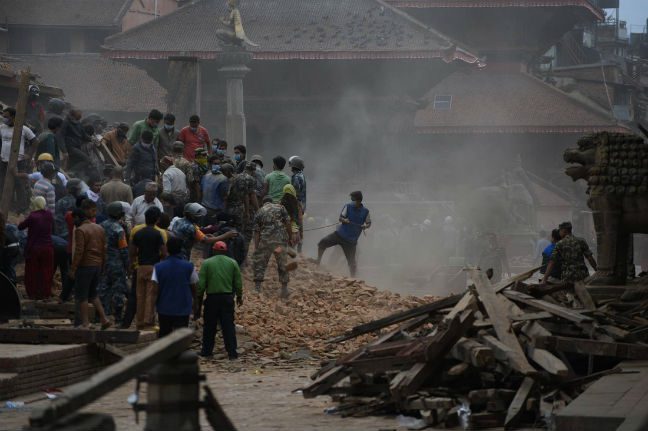
Oxfam teams are now in Kathmandu responding to Nepal’s most powerful earthquake in decades. More than 3.5 million people are estimated to have been affected by the earthquake that hit on Saturday.
Thousands of people are sleeping in the open to avoid being crushed in further building collapses and survivors are now vulnerable to hidden health risks. Limited access to clean water and hygiene will increase the risk of disease.
Oxfam is currently establishing water provision in four of the 16 open air camps set up by the Nepalese Government in the Kathmandu Valley — with the view of coordinating with other agencies to eventually provide water to all 16 sites — and the 30,000 people living in them.
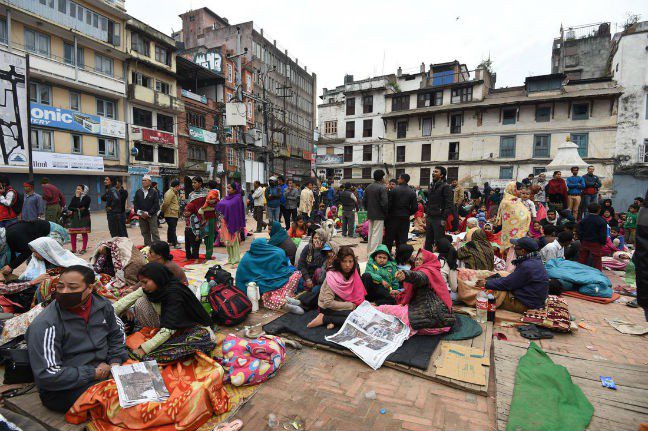
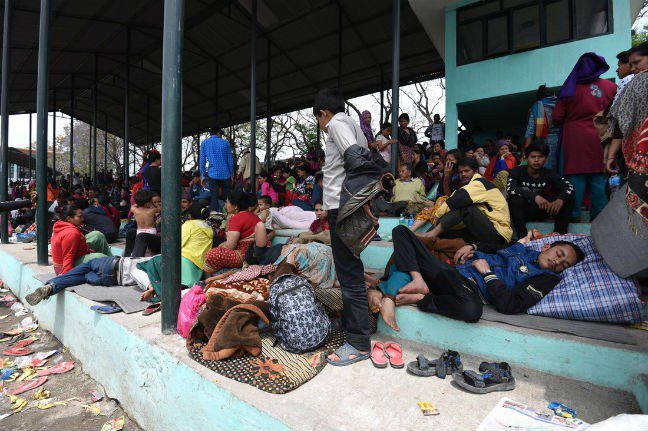
Oxfam Chief Executive Dr Helen Szoke thanked the public for their already generous support –with Oxfam raising more than $1.5m internationally — but said more donations to Nepal were needed.
“Oxfam has started building temporary toilets and delivering water to those in need in the Kathmandu Valley, and we plan to scale up this work as quickly as possible,” Dr Szoke said.
“This is life-saving work and given the resources required, the challenge of getting to affected communities cut off by damaged roads, and the sheer scale of this emergency, we need all the help we can get,” Dr Szoke said.
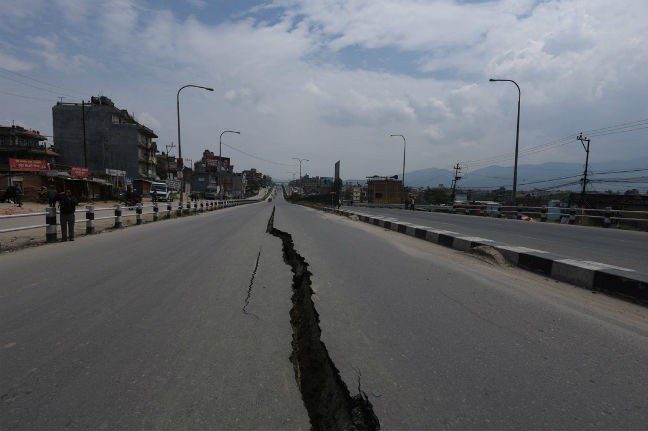
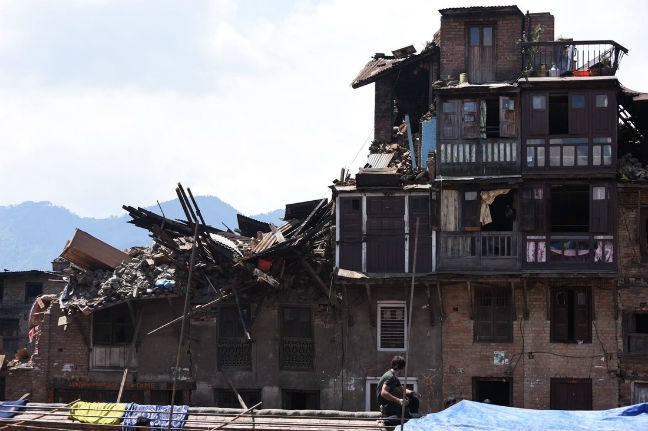
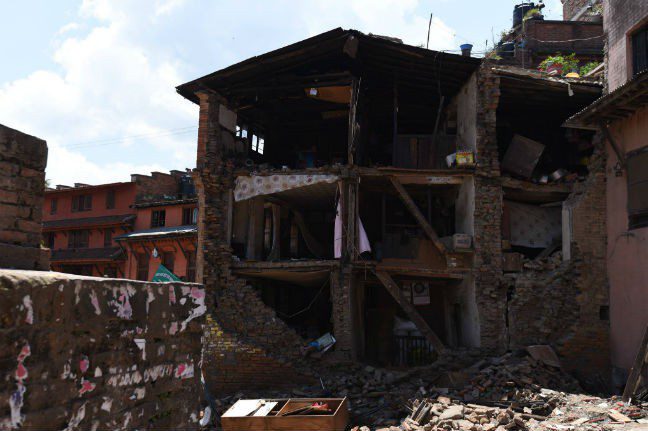
“In an emergency of this scale and complexity water and sanitation is absolutely critical to preventing further suffering and loss of life,” Dr Szoke said.
“With infrastructure like pipes damaged, water supplies contaminated and thousands homeless and living in basic camps, it is essential that we act as quickly as possible to deliver drinking water and safe toilets to those in need. These people have lost too much already to be struck down by illness as well.”
More than five tons of water and sanitation materials have already been dispatched from Oxfam’s warehouse in Barcelona to help those hit by the crisis.
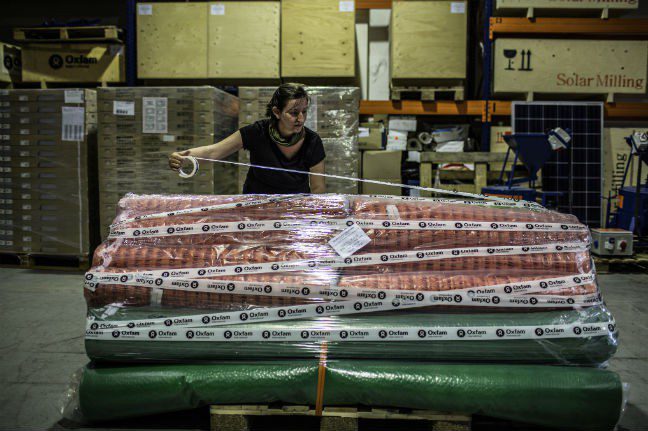
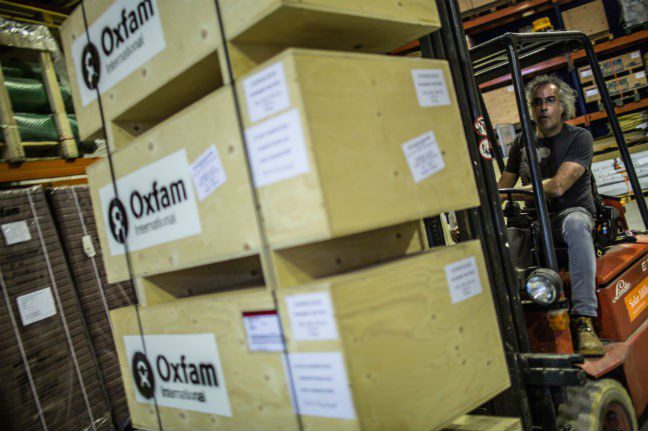
Cecilia Keizer, Oxfam country director in Nepal said aftershocks and the damage to roads and infrastructure are making it extremely difficult to reach out to communities outside of the Nepalese capital. Telephone lines are down and the electricity and water supplies have been damaged.
“We are managing to reach out to people in Kathmandu, but it is extremely difficult to provide support on a larger scale to the most affected areas – a lot of the main roads have been damaged,” Ms Keizer said.
“Our staff are still checking on their families and the partners we work with. At the moment, all the death count reports are coming from Kathmandu Valley. Sadly, I fear that this is only the beginning”.
Oxfam is aiming to help an initial 350,000 people hit by the earthquake in Nepal, providing clean water, toilets and shelter to thousands of people.
You can provide lifesaving essentials like clean water and sanitation to the people of Nepal. Please make a donation to help get emergency relief to those most affected.
